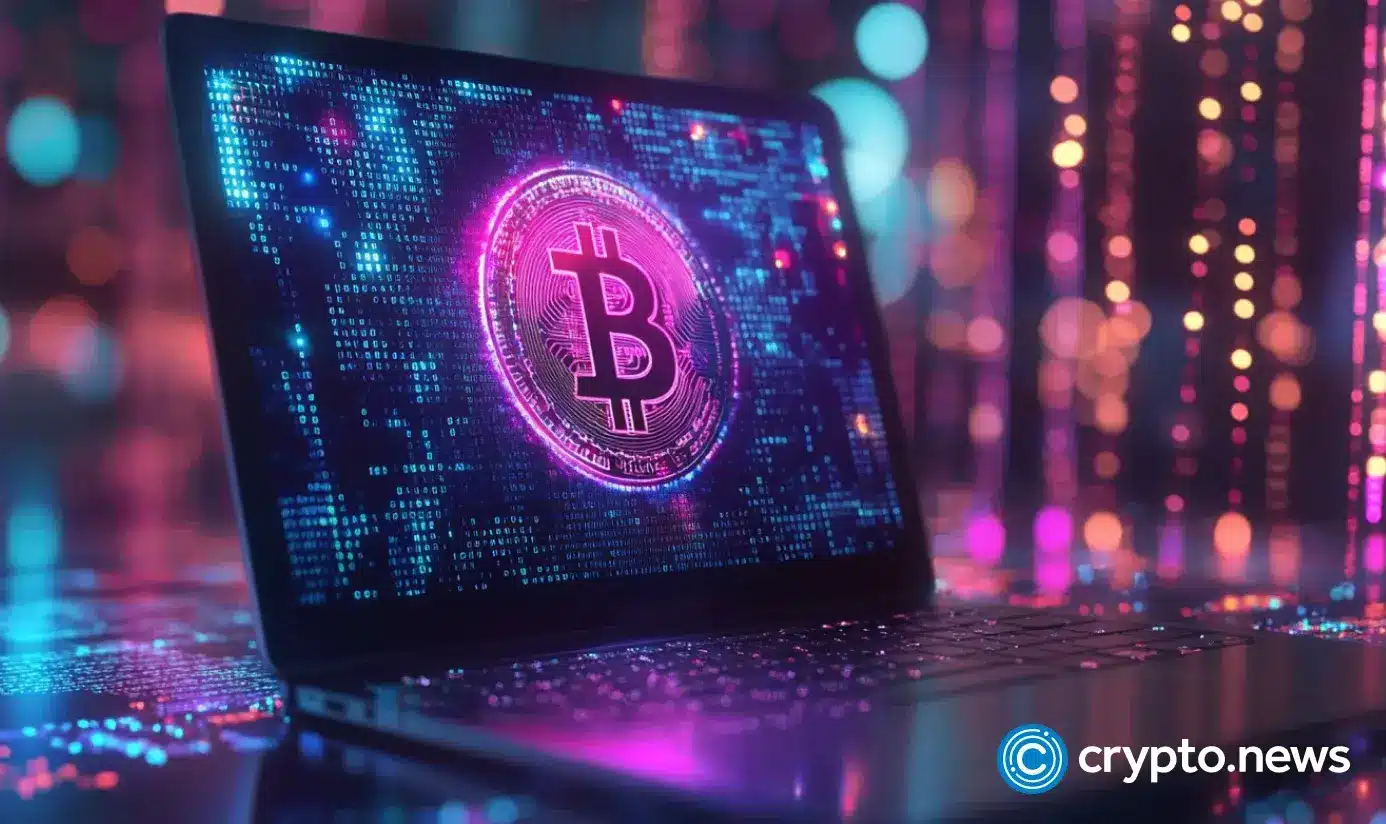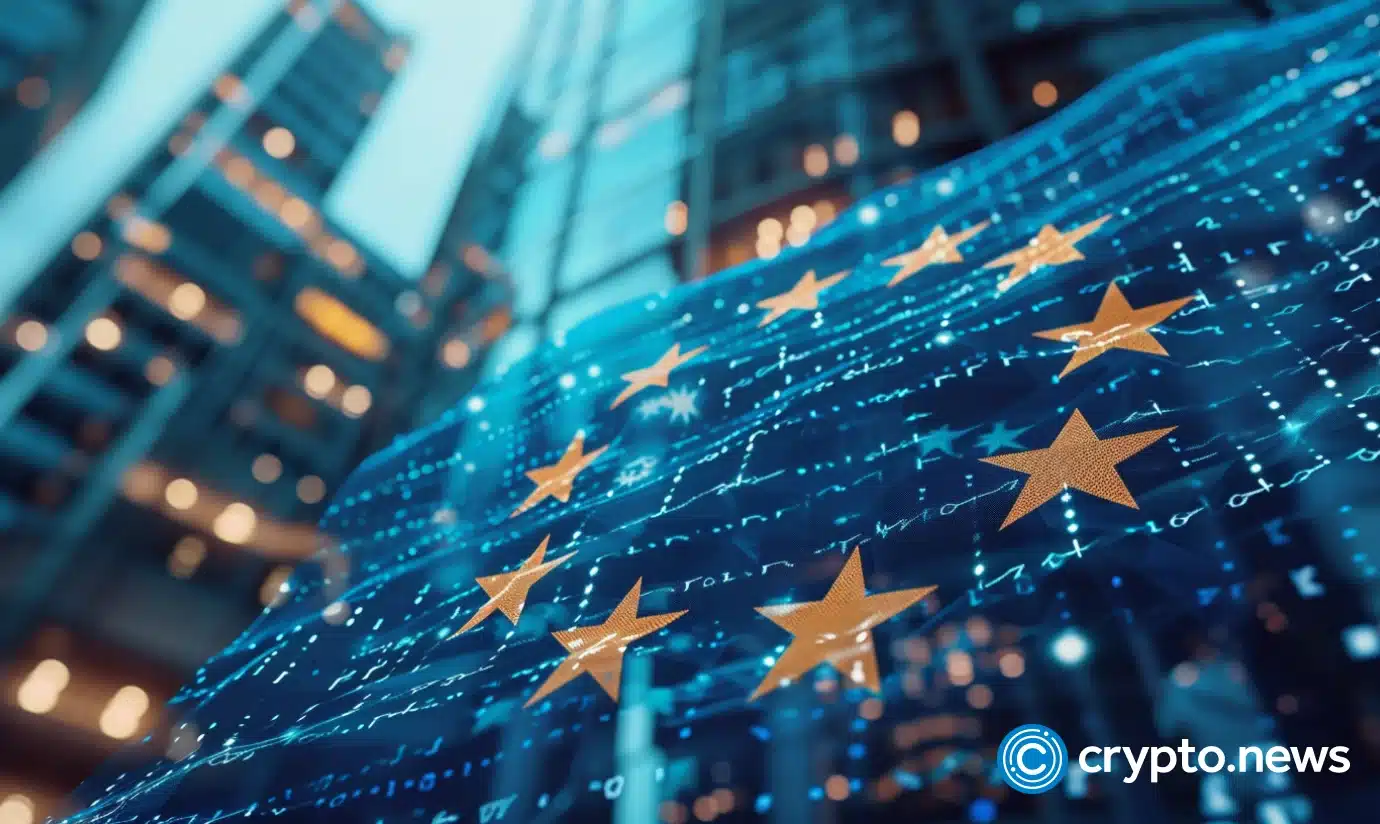El Salvador’s festive holiday celebrations amid IMF restrictions.
As the country adds to its Bitcoin (BTC) reserve, El Salvador’s Christmas 2024 celebration has a distinctive Bitcoin-themed Christmas tree, further demonstrating the country’s everlasting dedication to the original cryptocurrency.
🇸🇻 Bitcoin Christmas in El Salvador pic.twitter.com/EcXVS3QWPV
— Watcher.Guru (@WatcherGuru) December 23, 2024
On Dec. 19, 2024, shortly after obtaining a $1.4 billion loan from the International Monetary Fund, El Salvador made headlines once more when it bought 11 BTC, valued at over $1 million.
This action demonstrates the nation’s audacious BTC strategy despite outside criticism. The criticism primarily comes from traditional financial institutions and economists, who have expressed concerns about the risks of BTC’s volatility and its impact on the country’s financial stability.
El Salvador became the first nation to accept BTC as legal tender in September 2021, making history in the process. Although contentious, this ruling signaled a shift in the nation’s stance on cryptocurrencies. BTC has been a major part of the nation’s financial scene in recent years.
Cryptocurrency has become a part of daily life, from government-backed BTC ATMs to its growing use in enterprises.
However, this approach has faced skepticism, particularly from global financial entities like the IMF, which has imposed conditions on the country’s financial strategy.
The terms of the recent $1.4 billion IMF loan, which was signed on Dec. 18, 2024, affect the nation’s cryptocurrency policy, one of which is to impose a ban on cryptocurrency transactions. Furthermore, companies are no longer obligated to take cryptocurrencies, and taxes may only be handled in US dollars.
In addition, the IMF has ordered El Salvador’s government to stop using the Chivo wallet, a state-backed cryptocurrency wallet that was first made available in 2021. This wallet was a component of El Salvador’s larger initiative to incorporate BTC into the country’s financial system, enabling companies and residents to use cryptocurrencies to access government services and perform transactions.
IMF loans frequently have terms that have a direct impact on a country’s financial and economic choices. The purpose of these requirements is to guarantee financial restraint and conformity to global financial norms. Certain independent financial practices, like the usage of cryptocurrencies, may have to be abandoned or restricted by the loan arrangement.
Because of the IMF’s pressure on nations to adopt more conventional monetary practices—like depending on central banks and national currencies—instead of decentralized digital currencies, these loan terms usually lead to a loss of financial sovereignty.
But it seems like El Salvador is not going to back down. The government is still giving priority to cryptocurrencies despite the IMF’s restrictions. The nation’s National Bitcoin Office, established in 2021 as a key part of the country’s BTC strategy, reaffirmed its commitment to its long-term BTC plan and stated that no BTC from its reserves will be sold.
🇸🇻We just transferred over a million dollars worth of Bitcoin to our Strategic Bitcoin Reserve. pic.twitter.com/4ZrxGw9Od0
— The Bitcoin Office (@bitcoinofficesv) December 20, 2024
El Salvador now has 5,995 BTC in its possession, which is worth around $569.5 million at the time of writing. Their overall reserves are now close to 6,000 BTC after the most recent acquisition of 11 BTC. Approximately $97,000 is the average purchasing price per BTC in the nation.
The nation’s dedication to BTC as a long-term investment is demonstrated by recent statistics from its portfolio:
Total BTC Holdings: Over $572 million, or around 5,995 BTC.
Impact of BTC Price: Due to volatility, the portfolio recently had a $6.08 million decline, which is equivalent to a small decline of $1.02K per BTC.
The balance history graph shows a general upward trend in the value of the reserves, demonstrating steady long-term growth despite transient fluctuations. Notably, 2024 saw a notable increase that began in the middle of the year and continued to rise consistently until December to correspond with the new IMF agreement and the nation’s ongoing BTC purchases.
Even in the face of worldwide criticism, El Salvador shows a clear and calculated strategy for maintaining its cryptocurrency holdings by utilizing such strong financial tracking systems.
El Salvador has demonstrated its support for the cryptocurrency sector by recognizing its potential to promote financial independence and lessen dependency on global financial institutions. El Salvador’s position is unwavering in the face of obstacles, such as pressure from the IMF. The country’s BTC tree for Christmas 2024 portends a day when cryptocurrencies will not only be embraced but also play a significant role in the nation’s financial destiny.





